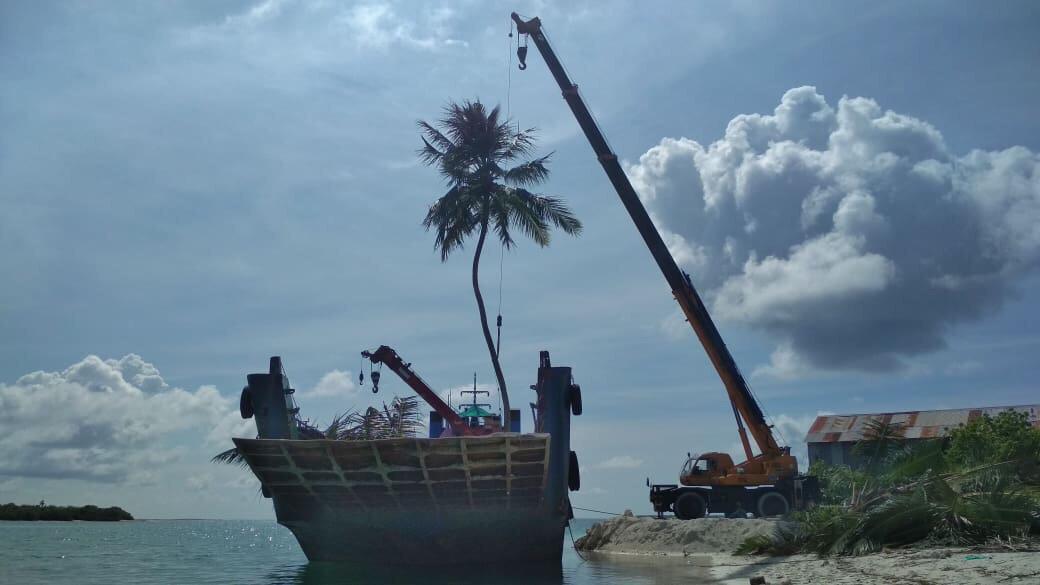
06 Oct 2019, 09:00
Welcome to the Minivan Brief, a daily roundup of the top stories from Maldives media.
Controversy sparked by a report from NGO Maldivian Democracy Network dominated the news cycle. After the Islamic ministry on Thursday sought a criminal probe of the human rights group for “mocking” Islam and threatening religious unity, police promised a thorough investigation and legal action. The case will be investigated as a “serious matter” and “high priority,” police assured in a statement on Saturday night.
In a statement earlier on Saturday, the ministry of community empowerment urged registered civil society organisations to respect religious unity, domestic laws and the constitution, which limits free speech to expression that are “not contrary to any tenet of Islam.” The ministry also noted the previous government’s failure to take action after the ‘Preliminary Assessment of Radicalisation in the Maldives’ was published in 2016, which also included a 2015 report about radical narratives in school textbooks (sections that were highlighted as the most offensive and shared on social media came from the latter report).
As calls to ban MDN and prosecute the report’s authors raged on social media, former president Mohamed Nasheed waded into the debate. “Islam is the most perfect, sacred and civilised religion. In my view, using Islam as a weapon for political opportunity is the biggest insult to Islam,” the speaker of parliament tweeted on Saturday night.
Become a member
Get full access to our archive and personalise your experience.
Already a member?
Discussion
No comments yet. Be the first to share your thoughts!
No comments yet. Be the first to join the conversation!
Join the Conversation
Sign in to share your thoughts under an alias and take part in the discussion. Independent journalism thrives on open, respectful debate — your voice matters.




